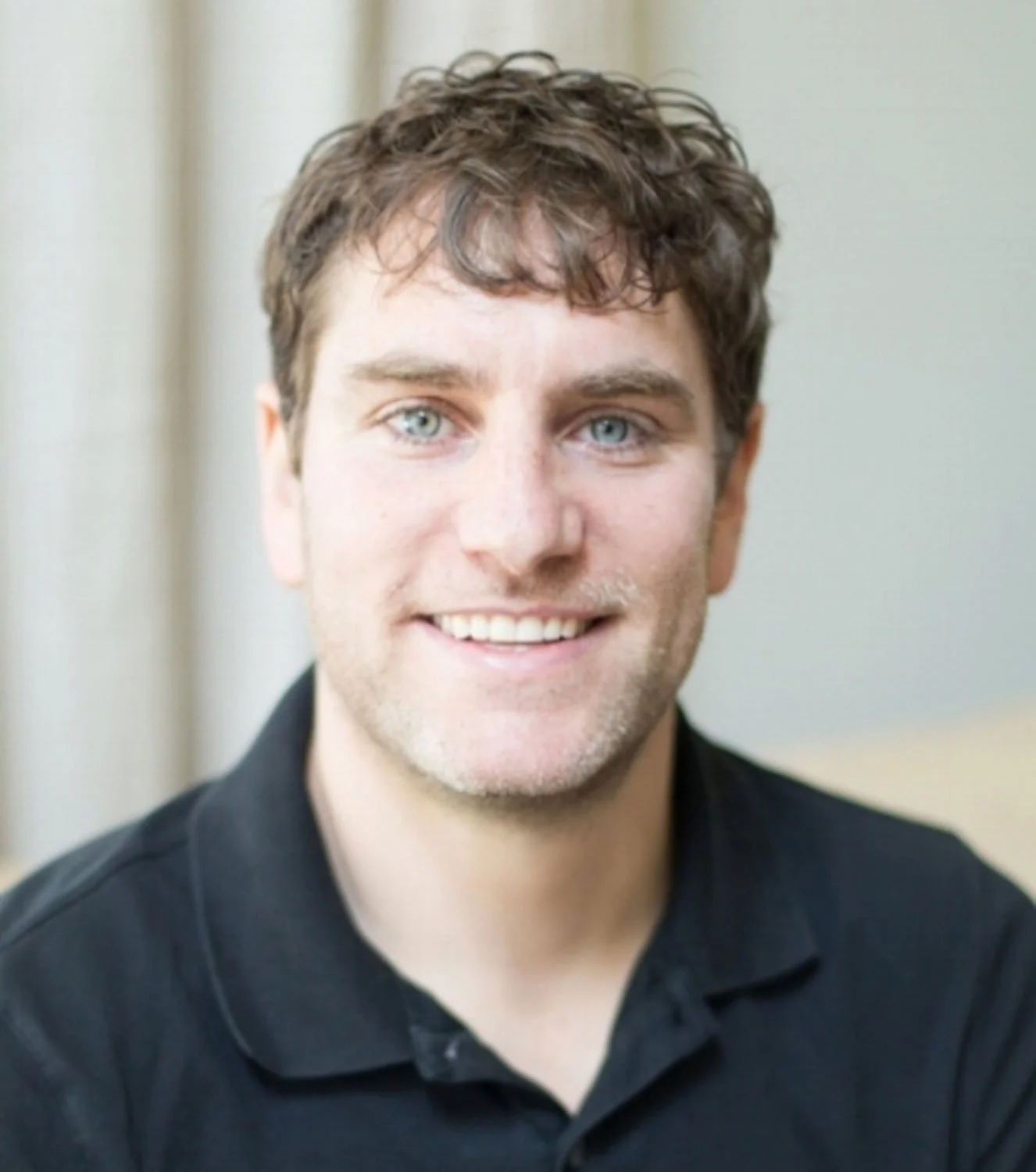Johnjoe McFadden is the author of Life is Simple, How Occam’s Razor Set Science Free and Shapes the Universe. He obtained his PhD at Imperial College London and went on to work on human genetic diseases and then infectious diseases, at the University of Surrey. Professor McFadden has specialised in examining the genetics of microbes such as the agents of tuberculosis and meningitis. His other books are Quantum Evolution: Life in the Multiverse, and Life on the Edge: The Coming of Age of Quantum Biology (co-authored with Jim Al-Khalili). He has published more than 100 articles in scientific journals on a wide range of subjects and lectures around the world. His present post is Associate Dean (International) and Professor of Molecular Genetics at the University of Surrey.
THE CREATIVE PROCESS
So your book Life is Simple, it's really an elegant idea – the survival of the simplest. Just help us understand how life emerged by embracing maximal simplicity.
JOHNJOE McFADDEN
Essentially, what the thesis of the book is that science is really about finding simple solutions. And I guess one of the other themes of the book is that life appears like a scientist. It finds the simplest solutions to problems, and that's because there's a mechanism in natural selection, whereby stuff that is unnecessary gets removed by mutations. We lose stuff that is no longer useful for us. Like tails, for example, our ancestors had tails, and we don't because natural selection tends to go for simple solutions, and that's really what's made natural selection so successful, and it's also what makes science so successful too.
*
Now, William of Occam was a theologian, really, but he was closer to being a logician. He worked with logic, and he went to study theology at the University of Oxford. He had an uncertain history. We don't really know anything about his childhood other than he was given to the Franciscans, which gives you a clue he might have been an abandoned child, an orphaned child, an illegitimate child and just left at the monastery. So we don't really know anything much about his early life, but we do know he went to walk Oxford to study theology. And to give you a feeling for what the problem was really, theology was at that time called the Queen of Sciences. And that's because the way that people thought about the world is that theology, religion, metaphysics were all one. So yes, they had gods or angels in the sky pushing the heavenly bodies, and they had those spirits on earth causing plagues and stuff. And it was all one place. Everything was one place but with lots and lots of entities. And also part of the reason why it was called a science is that Thomas Aquinas a century earlier - another great theologian - had incorporated Aristotle's philosophy into Christian theology and came up with what he called theology as a science.
*
And you can make extremely intelligent computations and very complex computations, but you don't get a mind out of it. You don't get consciousness out of it. You get a computer, and that's what's driving my hands waving around, driving my lips and my tongue, and all that kind of stuff, it's a computer; it's our non-conscious mind. But on top of that, we have the stuff we're aware of, and that's where our creativity lies. That's where our emotions lie. We can't think of being creative without using our conscious mind. And that's where stuff comes together because the difference between what happens in our conscious mind and in our non-conscious mind – in our non-conscious mind, everything is dissected.
*
I listened to something recently by Philip Glass. It was fantastic kind of symphonic stuff with dance and video and kind of theater in it, as well. And it's throwing all of this at you. And the hope, I think, of the artist is they're doing this kind of multisensory projection to try to grow in your mind the idea that Philip Glass had in his mind when he was writing this music. And just talking it through, if Philip Glass just said I was thinking this and this, then it's dissected and it's gone. The magic of it was its holistic nature. Somehow you've got to recreate this holistic nature in someone else's mind.
And I think that's really what art is all about is communicating these big, complex objects, which are ideas inside our head, but in a non-dissected way in which the object isn't completely dissected, or it's dissected in such a way it can be reassembled in somebody else's mind. So you get a full experience of what the artist had or as close as he or she can make it.
So I think that to me is what art does. It's a way of communicating these wonderful ideas and feelings that we have inside our heads. And they're trapped there, and art allows you - by playing music or painting, or writing poetry... - it allows you to communicate this in this holistic kind of way.
This interview was conducted by Mia Funk and with the participation of collaborating universities and students. Associate Interviews Producer on this podcast was Yansong Li. Digital Media Coordinators are Jacob A. Preisler and Megan Hegenbarth.
Mia Funk is an artist, interviewer and founder of The Creative Process & One Planet Podcast (Conversations about Climate Change & Environmental Solutions).



















































